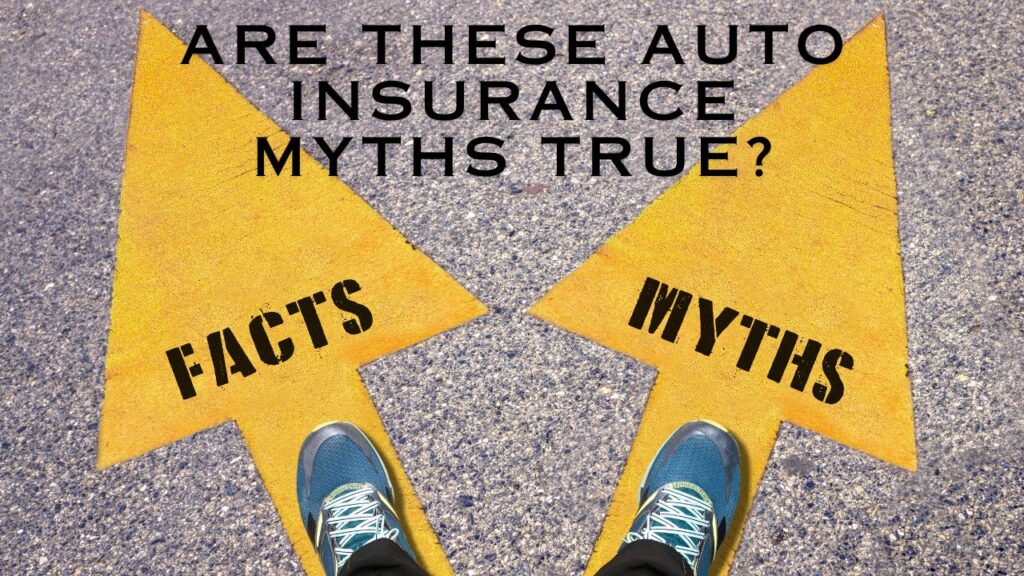
When it comes to automobile insurance, there are plenty of myths that float around that can be misleading. From the color of your car affecting your rates to the belief that getting a ticket will always hike up your costs, let’s set the record straight on some common misconceptions.
Myth 1: Your credit does not impact your insurance rate
Contrary to what some might believe, your credit history can indeed impact your car insurance rates. Insurers often use a credit-based insurance score to get a sense of how you manage your finances, which can indicate your likelihood of filing a claim. Generally, higher credit scores correlate with lower car insurance rates because those with better credit tend to have fewer accidents.
Myth 2: Your insurance will cover damage from trees, weather, vandalism, and theft
Basic auto insurance policies usually don’t cover damages to your vehicle from falling trees, weather conditions, fires, vandalism, or theft. To protect yourself from these types of costs, you would need to purchase a comprehensive policy.
Myth 3: Getting a ticket will automatically increase your insurance costs
Getting a speeding ticket doesn’t necessarily mean your insurance rates will go up, particularly if you have an otherwise clean driving record. In many states, you can take safe driving courses that might help improve your record and lower your rates.
Myth 4: You don’t need more car insurance than what is required by law
While it’s true that most states require a minimum level of auto insurance, this basic coverage often isn’t enough to fully protect you in the event of an accident. Experts typically recommend getting a policy with at least $100,000 of bodily injury protection per person to ensure you’re not left paying hefty out-of-pocket costs.
Myth 5: Personal insurance covers business use of your vehicle
If you use your car for business purposes, don’t assume your personal auto insurance will cover you—because in most cases, it won’t. It’s crucial to check with your insurer and potentially purchase business vehicle insurance if needed.
Myth 6: The color of your car affects your insurance costs
Many people think that flashy car colors, like red, might increase insurance costs. However, the color of your car does not affect your insurance rates. Insurers look at factors such as make, model, price, age of your car, and your driving record, but not the color.
Myth 7: More expensive cars always cost more to insure
While it might seem logical that more expensive cars would be costlier to insure, this isn’t always the case. Insurance companies often focus more on how much it costs to repair a car rather than its purchase price. Surprisingly, some mid-priced cars can be more expensive to insure due to higher repair costs.
Myth 8: Car insurance prices increase as you get older
Actually, older drivers can often benefit from lower insurance rates. Many insurance companies offer discounts to mature drivers, especially those over 55 who take accident prevention courses. Also, retirees who drive less frequently might qualify for additional discounts.
Myth 9: If another person crashes your car, their insurance will cover the damages
Generally, your auto insurance is the one that covers damages to your car, no matter who is driving. Make sure to understand your specific state laws and insurance policy details because these can vary.
Myth 10: Soldiers pay more for car insurance than civilians
If you’re in the military, you’re actually eligible for discounts on car insurance. By providing proper documentation, you can ensure you’re not paying more than necessary. Many insurers also offer discounts for veterans and military family members.
Understanding the facts about your auto insurance can save you money and prevent stress. If you have any questions or need further clarification, the team at Vargas & Vargas Insurance is always ready and willing to help. You can reach us at 617-298-0655. We’re here to ensure you have the right coverage for your needs and to help debunk any other myths you might encounter!
